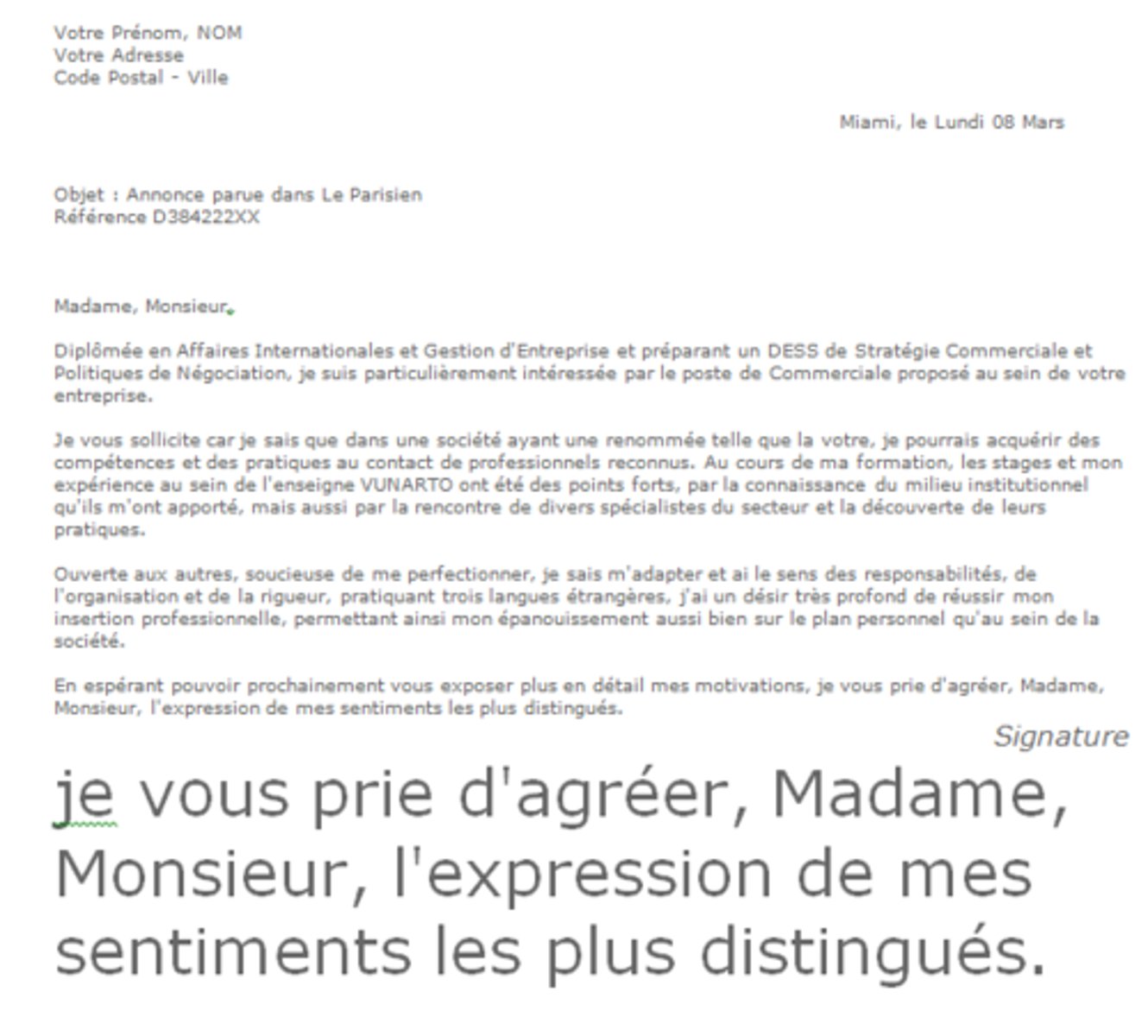Text types for the IB French paper I
1/12
There's no tags or description
Looks like no tags are added yet.
Name | Mastery | Learn | Test | Matching | Spaced | Call with Kai |
|---|
No analytics yet
Send a link to your students to track their progress
13 Terms
un article de journal
Objetif: to inform
-catchy title
-name or initials of editor
-text in columns, paragraphs, date, and other "article" things
-don't use the personal pronoun "je"
-use impersonal expressions like "il faut le dire", "les uns... les autres", "ce qui suppose"
-present the facts
-support with historical facts, dates, testimonies, and details
-propose a solution or a plan of action
-use 'connecteurs logiques"
-questions, exclamations, and rhetorical questions
Une brochure
Objectif: to inform/explain/advise/convince
-title that announces the content
-sub/intertitles
-a list
-an image
-text in columns
-enthusiastic tone
-common vocab
-specify the goal of the proposed service
-inform readers of the kinds of services proposed and offer examples to support
-convince the readers to participate
-give details on how to find more information on the subject
-give dates, stats, and percentages, citations, questions, etc.
Un blog
Objectives: Explain/Share/Encourage/ Reflect
-catchy title
-web address
-make the writing personal and informal using "Je"
-date/time
-photos
-hyperlink
Un interview/un entretien
Objective: To inform/to explain
- A title
-image of the person at the top
-the person you're interviewing is in the title
-introduction
-questions and answers are separated by a line
-the tone is generally formal, unless you're interviewing a friend
-include name of newspaper, date
-questions use inversion or the "est-ce que...?" form
-write a conclusion/conclude the interview
-provide an under heading
-well developed responses
-always use "vous"
Un journal intime
Objective: express feeling/ recount/dream/
-there is a salutation and a suitable closing form
-indicate the place and/or the date and/or the time
-written in the first person and informal
-intimate, directed toward the diary itself
-common and familiar vocab
-begin by explaining the reason for writing
-write your feelings, give examples
-find a solution for the situation/discuss a possible conclusion
-use "connecteurs logiques" that are simple
Une critique du film
A movie review
-catchy title
-introduction
-synopsis of film
-review the film (critique it)
-put an information box at the end with the title, director, producer, and rating
-formal tone
-use evocative and qualifying adjectives
-include the name of the newspaper, topic name, date, have text in columns, photo, rating
-include film info (actors, director, country, duration time)
-recommend or warn against
Un discours
to present/explain why/ encourage/convince
-use a proper salutation to begin
-use a proper ending
-precise and varied vocabulary
-avoid using familiar expressions
-respect grammar
-clearly explain the goal or the point of view that you want to defend
-form a logical conclusion
-use "connecteurs logiques"
-call to action, give shocking stats, the "three repetition rule", examples
Un lettre officielle
To inform/explain/ask/demand
-At the top right: your own contact details
-At the left, one line under the last line of your address: the recipient's contact details
-Under the recipient's contact details: the date and place of writing
-Before the greeting, write your object
-A formula of salutation (like "Monsieur le directeur,......")
-Include the correct formula of closing: "Je vous prie d'agréer l'expression de mes sentiments distingués."
-speak in a formal tone using "vous"
-a polite tone
-common or supported vocab (not actually sure what 'supported' vocab is tbh..."
-Divide your letter into paragraphs
FIRST: explain the reason of the letter, the goal, etc.
SECOND/THIRD/FOURTH?: explain and express your arguments
FINAL: conclude your letter, telling the recipient what you want them to do
-MAKE SURE YOU END WITH THE CORRECT POLITE FORMULATED ENDING THING (see above)
-signature, and under that your full name

Un Courriel (informel)
An informal email
-At the top: À: _____
Date:_____
De:______
Objet: ______
-Begin with the correct informal salutation (Salut Paul! etc)
-End with the correct informal ending (À bientôt! Mandy)
-Speak in the informal "tu" to friends and familiar people
-tone is casual and enthusiastic; express your emotions and feelings
-divide your text into paragraphs:have some sort of neutral introduction, in the body, talk about the whole point of your email, give examples and reasons, and end with a nice, enthusiastic ending
-use "connecteurs logiques"
Un Rapport
A report:
-there is a header (object; to the attention of, from; date)
-there are inter-titles
-the tone is objective and impersonal
-it is informal
-it is divided into sections: explain your role and part in the matter, and explain the topic, give numbers and stats)
-use "connecteurs logiques"
Guide de Recommandation
Recommendation guide:
-A title
-Clear and distinct sections
-Vocabulary is common
-Use "vous" to address formal people
-Indicate the objective of the guide in the introduction
-make a conclusion evident
-identify the author of the guide at the beginning or the end
-Use the imperatif form (Unissons nos efforts!)
-Be inspiring
Un Editorail
An editorial
-write in columns
-have a title that is convincing
-register is standard
-it is your opinion, so it can have some elements that are informal
-Don't be vulgar, but have strong opinions
-Logically divided into paragraphs (introduction, development, conclusion)
-In the conclusion, express clearly your opinion on the subject and propose a solution
Une Dissertation
An essay:
-write at the top the subject you propose
-impersonal style
-precise vocab
-avoid familiar expressions
-make a plan and understand all parts of the subject
-break it into sections (intro, development, conclusion)